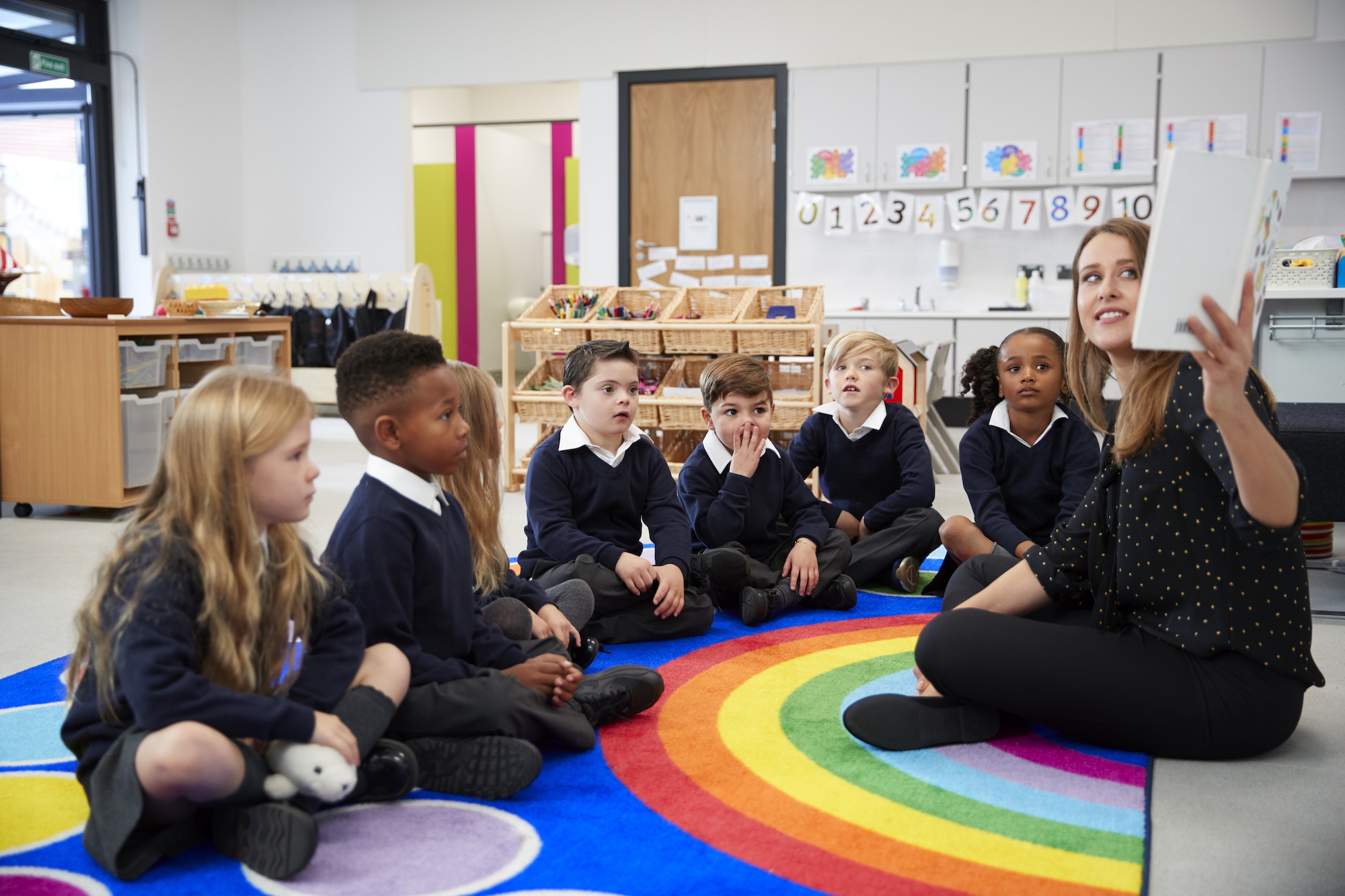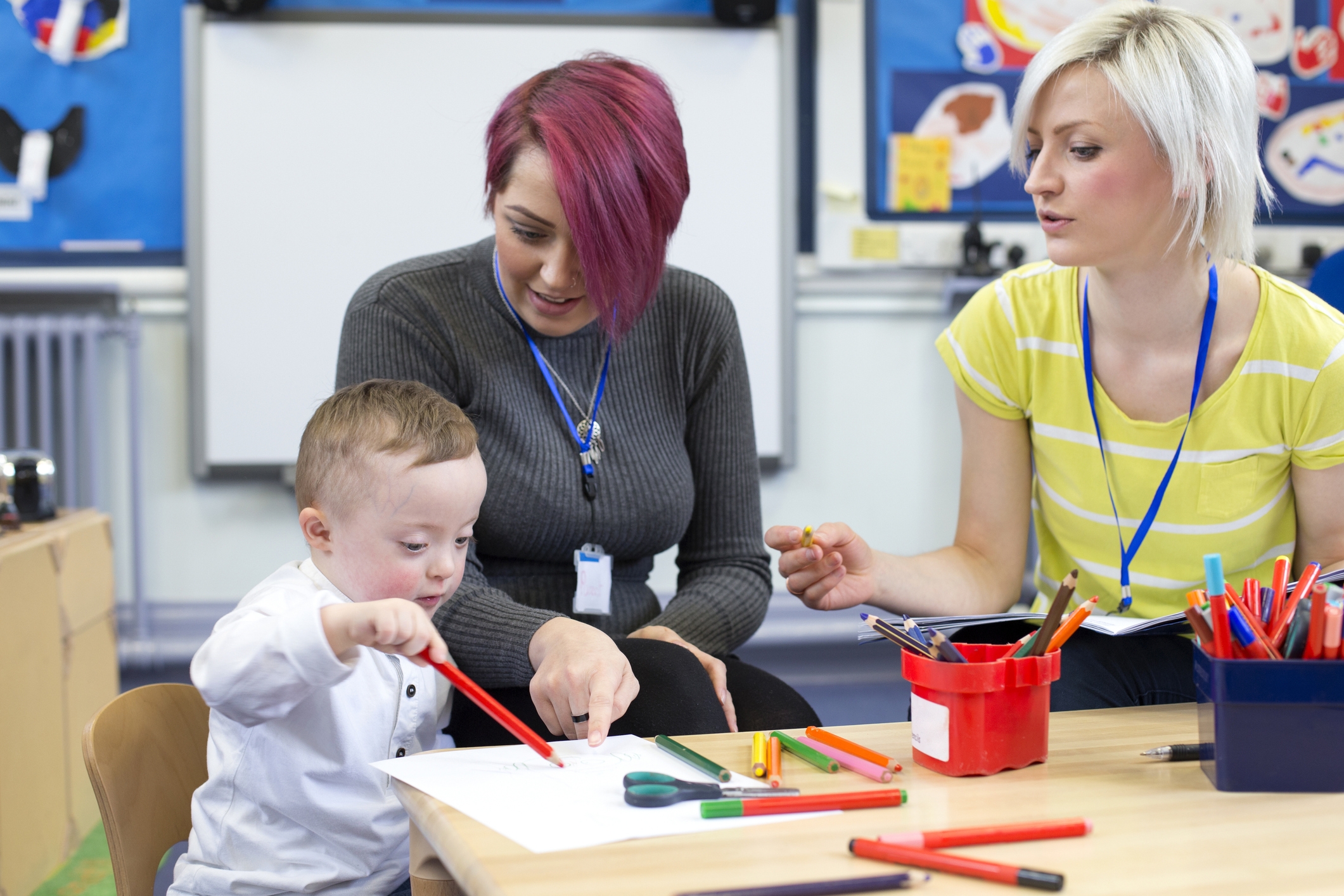“Mental health is not a destination, but a process. It’s about how you drive, not where you’re going.”
Mental health is a very serious issue that has become increasingly prominent due to lockdown. Being isolated from people and learning to adjust to the new way of life has been a heavy tax on everyone, including SEN individuals and their families. In the spirit of Mental Health Awareness Month, Simply Education will be taking a look at the impact the lockdown has had on the mental health of SEN students.
The impact of Lockdown on SEN children
SEN students require more attention and more structured learning environments to feel comfortable and prosper. This makes SEN students more vulnerable to the mental health challenges that have come with routine disruptions caused by the lockdown. Being isolated from schools has also negatively impacted SEN students’ social and emotional development.
A study, conducted by UCL Centre for Inclusive Learning, shows that SEN participants between the ages of 11 and 14 admit to trying harder and find school more interesting than non-SEN participants. The results of this study show that because of this, the closure of schools due to lockdown has had more impact on the mental health of SEN students.
The gap in attending school will make the eventual return even harder on SEN children as they tend to struggle to adapt to major changes. Therefore, even after lockdown ends there will still be mental health challenges for SEN students.
The impact of Lockdown on the parents of SEN children
The closure of SEN schools has been a detriment to the mental health of both SEN students and their parents. The challenges of home-schooling are far more severe for SEN students as there are additional challenges for parents to manage, e.g. behavioural or learning problems. While many organisations, like Scope, have provided parents with SEN-specific teaching resources, parents have still found it incredibly difficult to achieve a constructive learning environment. This difficulty in recreating a school environment pays a toll on the mental health of SEN students while disrupting their learning at the same time.
Another study showed that parents of SEN children and adolescents found that mental health problems were affecting their children’s conduct and hyperactivity. These mental health problems most likely stemmed from a lack of routine and proper learning environments. These conditions were less prevalent in their children while they were attending school, which shows that this behaviour change was likely caused by the lockdown. Results from this study also showed that SEN adolescents (between the ages of 14-19) were experiencing more emotional mental health problems than SEN children.
How to help children with Special Education Needs
It is vital that parents help their SEN children stay healthy during unexpected situations, such as the recent Lockdowns. These guidelines will help parents improve the mental health of their SEN children.
Create a routine for your child
As mentioned before, the lack of a structured routine can be a major cause of anxiety for SEN children. This sense of routine can be recreated or emulated through the use of a visual timetable. The timetable will use pictures to show what a child needs to do throughout the day or week, for example, using a picture of a classroom to indicate studying times or a picture of a playground to symbolise free time. This visual representation helps SEN learners to maintain a sense of structure by having an easy-to-understand schedule. It might even make going back to school easier on their mental health as well.
Activities
Stimulating SEN students is an essential part of improving their mental health. SEN students benefit from a variety of different activities. Below are some activities for younger SEN children and older SEN children.
Young SEN children might enjoy:
- Making homemade goo or slime
- Simple baking, such as mixing ingredients or melting chocolate
- Making patterns in materials like sand, flour, shaving foam, etc
- Painting
- Listening to music and stories
Older SEN children might enjoy:
- Zoom chats with friends
- Online games with sibling and friends
- Listening to music
- Making colourful pictures using a variety of methods such as acrylic pour paintings, shoelace painting, etc
- Deaf children can partake in online quizzes using platforms like Kahoot
Expressing emotions
Keeping emotions bottled up can cause a lot of mental health problems, and with the difficulties caused by the lockdown, SEN children need to be able to articulate how they are feeling and communicate their emotions. Twinkl is an online resource that provides communication and emotion cards that can help SEN children easily express themselves. Creative outlets like storytelling and painting are also therapeutic ways SEN children can convey their feelings.
Government Catch-Up Funding
In June 2020, the government announced that they would be allocating a £1 billion fund to support children and young people, including SEN students, to catch up on disrupted learning caused by the lockdown. This catch-up fund opened up a variety of new support positions and services, including 1-2-1 Tuition, Booster Classes, Additional TA Support and Interventions Support. For more details on how the government has pledged to help learners of all kinds in the next academic year, visit the Government catch-up fund webpage.
Simply Education is proud to place SEN Teachers and teaching staff in schools across the country, helping to deliver high-quality talent that makes a difference to the lives of SEN students. We’re currently recruiting for candidates to fill various SEN roles, including SEN Teachers, SEN Teaching Assistants, Interventions staff and HLTAs. If you are looking to make a difference in the life of a child, then register with us today.






